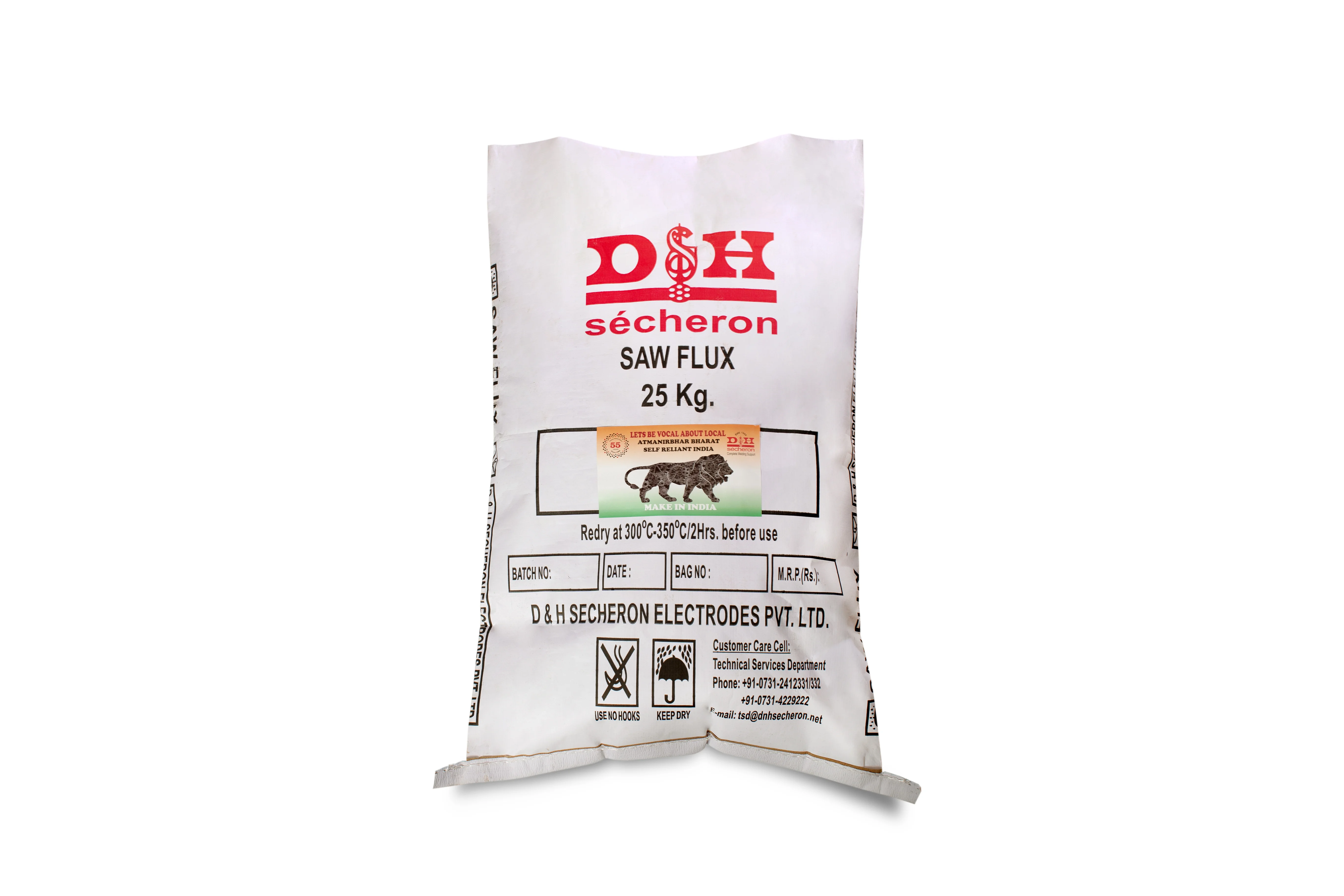Flux is an important agent in most welding consumables, it is a coating outside and sometimes inside of welding consumables that helps in promoting the fusion of metals during the welding process. It is a chemical purifying agent that helps to join the workpiece. The main purpose of the flux is to prevent the welded area from getting oxidized. Different ingredients are used to make flux, it can differ from process to process and manufacturer to manufacturer. Materials that are generally used to make flux consist of Zinc chloride, Ammonium chloride, Hydrochloric acid, Borax, etc. One can add extra alloying elements etc through flux.

During the welding process when the arc is generated flux keeps the atmospheric gases away from the molten pool, flux does this by generating CO2 gas at the same time when the arc is formed. Flux keeps oxygen, nitrogen, and moisture away from the weldment, without flux the welded area will contain porosity due to oxidation and can get brittle which can lead to hazards.
Flux has the ability to clean the metal surface & remove the impurities, it forms a protective layer of slag which helps in giving shapes to the weld, flux reduces the surface tension of the molten pool, flux helps in increasing mechanical properties by infusing alloys and help to join the base metal with filler metal which provides the strength.

Flux is an agent that helps the metal to get prepared for the welding, once the welding process is done and the metal/workpiece has cooled down the excess flux can be easily removed with the help of a brush. Sometimes warm water is also used to remove the slag. The remaining layer will give extra protection to the weld from getting oxidized or to get rusted. Hence, flux is a very important and inseparable part of the welding process, even in some of the gas welding processes the flux coated wire is used for the basic protection.





